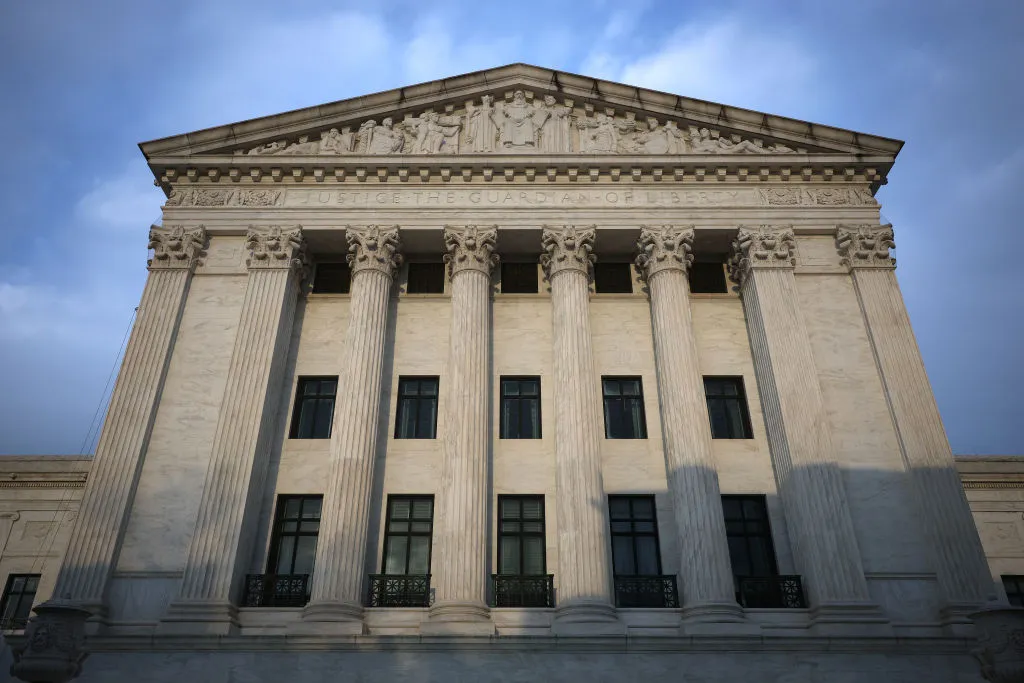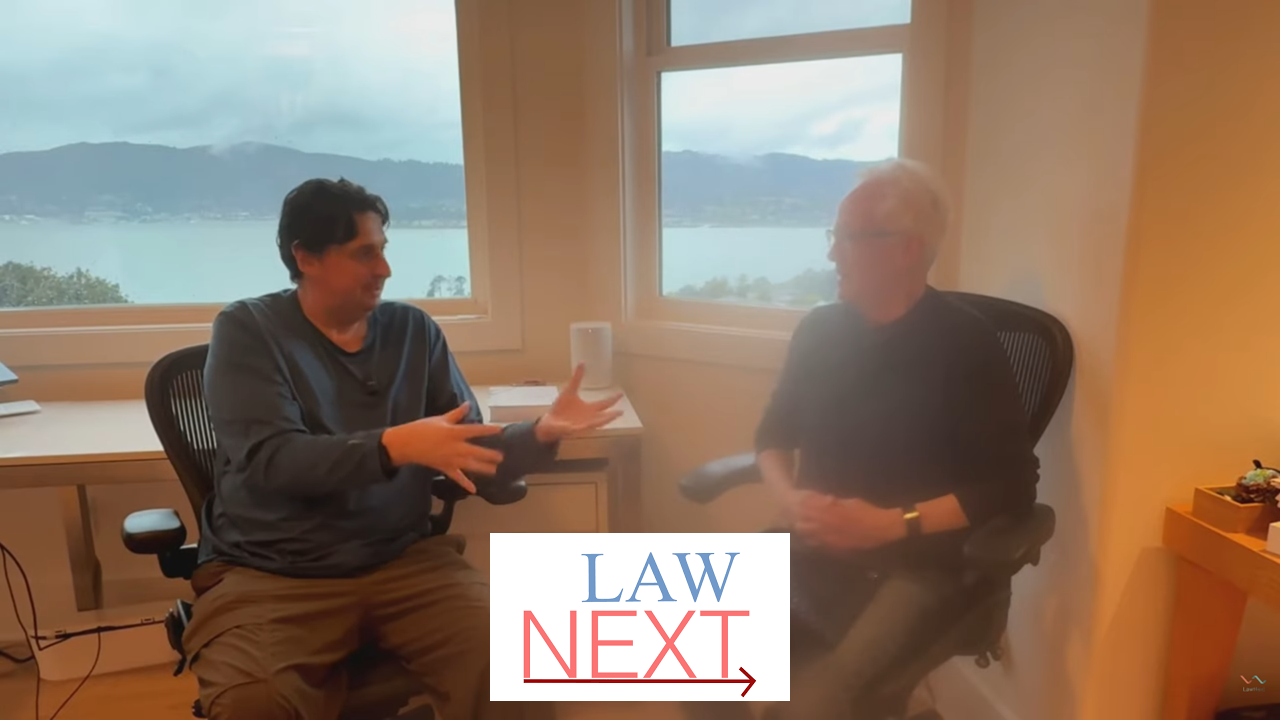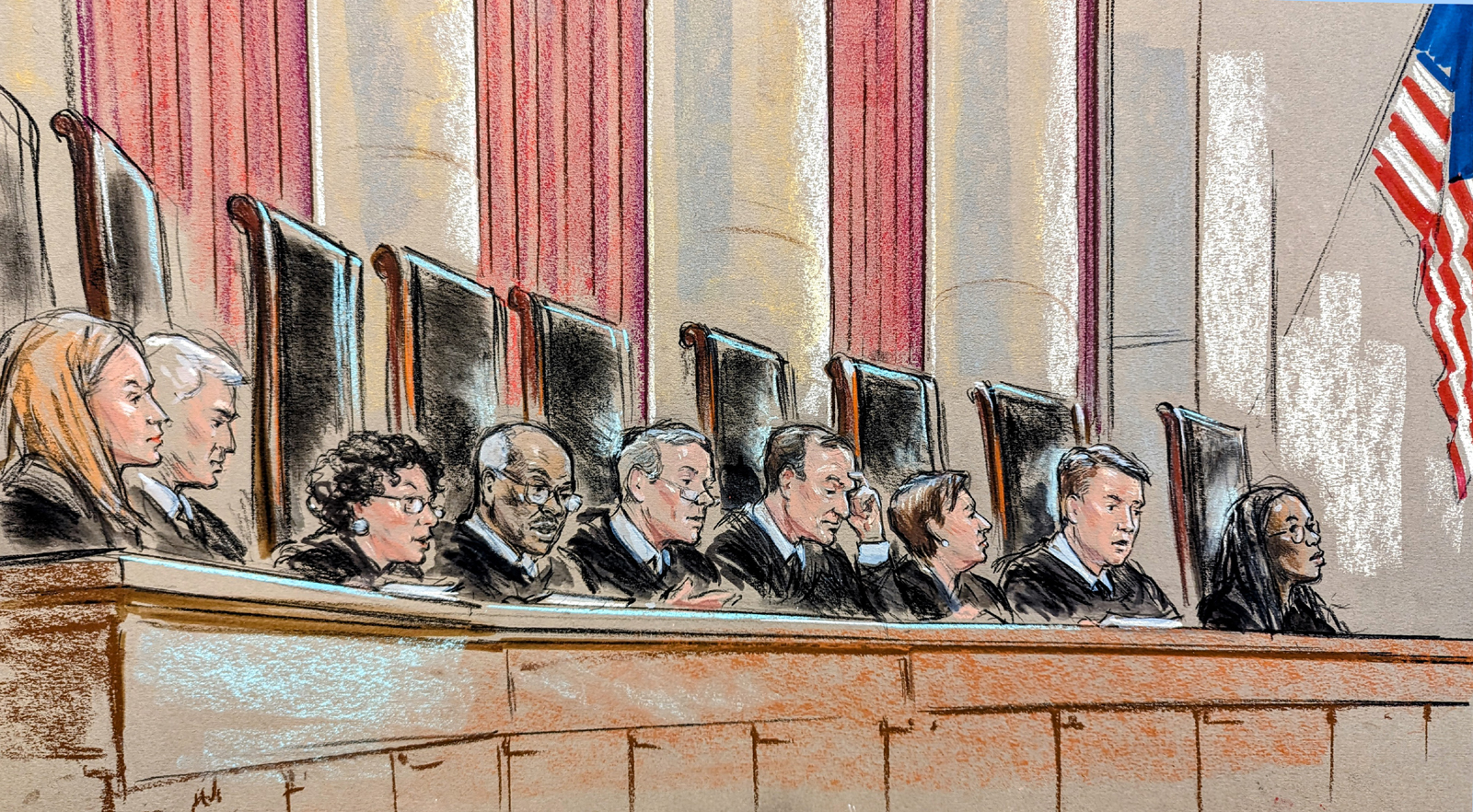The Trump administration on Friday urged the Supreme Court to uphold President Donald Trump’s power to impose sweeping tariffs on virtually all goods imported into the United States. U.S. Solicitor General D. John Sauer, the government’s top lawyer before the court, told the justices that “the President and his Cabinet officials have determined that the tariffs are promoting peace and unprecedented economic prosperity, and that the denial of tariff authority would expose our nation to trade retaliation without effective defenses and thrust America back to the brink of economic catastrophe.”
The 49-page filing came just 10 days after the justices agreed to take up and fast-track the challenges to the tariffs, which Trump imposed in a series of executive orders beginning in February. The court will hear oral arguments on Nov. 5; both sides have asked the justices to rule on the challenges soon after that.
Trump’s executive orders relied on the International Emergency Economic Powers Act, a 1977 law that authorizes the president to take action to “deal with any unusual and extraordinary threat, which has its source in whole or substantial part outside the United States, to the national security, foreign policy, or economy of the United States” if he declares a national emergency “with respect to such threat.” In particular, IEEPA gives the president the power, when there is a national emergency, to “regulate … importation” of “property in which any foreign country or a national thereof has any interest.”
The tariffs fall into two buckets. The first, known as the “trafficking” tariffs, apply to goods from Canada, China, and Mexico – countries that, in Trump’s view, have not taken sufficient measures to stop the flow of fentanyl into the United States. The second, known as the “reciprocal” tariffs, impose tariffs ranging from 10% to 50% on products from almost all nations.
Three separate challenges followed their imposition. The first, filed in a federal court in Washington, D.C., came from two small, family-owned businesses, Learning Resources and hand2mind, that make educational toys and products. They say that the tariffs will cost them $100 million in 2025 – almost 45 times as much as they paid in tariffs the previous year.
Two other challenges to the tariffs were filed in the Court of International Trade, which is in New York. A separate group of five small businesses brought one suit. One of the plaintiffs, Terry Cycling, which makes women’s cycling apparel, says that the tariffs could cost the company as much as $1.2 million in 2026 – “an amount,” it contends, “that is simply not survivable for a business of its size.”
The second suit, brought by a group of 12 states, led by Oregon, contends that the tariffs have increased the costs that the states must pay to buy “equipment, supplies and parts, many of which are imported from other countries” – for example, specialized research equipment for their public universities.
Both U.S. District Judge Rudolph Contreras and the Court of International Trade agreed with the challengers that the tariffs exceeded Trump’s power under IEEPA.
Learning Resources and hand2mind then came to the Supreme Court in June, asking the justices to take up the case without waiting for the U.S. Court of Appeals for the District of Columbia Circuit to rule on the government’s appeal.
On Aug. 29, the U.S. Court of Appeals for the Federal Circuit, which hears appeals from the Court of International Trade, ruled that Trump did not have the power to impose the tariffs. By a vote of 7-4, it said that imposing “tariffs of unlimited duration on imports of nearly all goods from nearly every country with which the United States conducts trade” is “both ‘unheralded’ and ‘transformative.’” Reasoning that “[t]he Executive’s use of tariffs qualifies as a decision of vast economic and political significance,” the majority explained that the government was therefore required to “‘point to clear congressional authorization’” for its actions – which, the majority concluded, it could not do.
The Trump administration came to the Supreme Court on Sept. 3, asking the justices to take up the case. Both the small businesses and the states maintained that the lower courts’ rulings were correct, but they agreed that the court should grant review – which it did on Sept. 9. The court fast-tracked the case, as well as the case brought by Learning Resources and hand2mind, which it had also granted, and scheduled oral arguments for Nov. 5.
In its brief on the merits, the Trump administration on Friday argued that IEEPA’s grant of power to the president to “‘regulate importation’” “plainly authorizes the President to impose tariffs” because tariffs “are a traditional and commonplace way to regulate imports.” It does not matter, Sauer insisted, that IEEPA does not specifically refer to tariffs, particularly when the Supreme Court “has repeatedly rejected such magic-words requirements.”
The Trump administration next pushed back against the challengers’ contention (also advanced by the majority in the Federal Circuit) that “even if IEEPA authorizes tariffs, it does not authorize ‘unlimited’ tariffs.” Such an argument, Sauer wrote, “attacks a strawman” because IEEPA and a related law, the National Emergencies Act, impose their own limits on tariffs, such as a one-year limit on emergencies and “a slew of procedural and reporting requirements that allow Congress to oversee and override the President’s determinations.”
And to the extent that the Federal Circuit relied on the “major questions” doctrine – the idea that if Congress wants to give a federal agency the authority to make decisions with “vast economic and political significance,” it must clearly say so – to reach its conclusion, Sauer wrote, that reliance was misplaced. First, Sauer noted, that doctrine only comes into play when a law is not clear. But IEEPA’s grant of authority to the president to “regulate importation,” Sauer said, “unambiguously includes tariffs.” Second, Sauer continued, the Supreme Court has “never applied the doctrine in the foreign-affairs context, where Congress presumptively does grant the President broad powers to supplement his” authority under the Constitution. To the contrary, Sauer wrote, IEEPA was intended to deal with “the ‘particular and recurring problem’ of ‘agencies asserting highly consequential power beyond what Congress could reasonably be understood to have granted.’” Such “concerns dissipate where, as here, Congress delegates authority directly to the President,” Sauer concluded.
Sauer also urged the court to uphold the president’s determination that trade deficits and drug trafficking constitute national emergencies for purposes of invoking IEEPA. Courts, he contended, should not have the power to review such determinations, because “[j]udges lack the institutional competence to determine when foreign affairs pose an unusual and extraordinary threat that requires an emergency response; that is a task” for Congress and the president.
Finally, Sauer asked the court to hold that Contreras did not have the power to rule on the claims brought by Learning Resources and hand2mind. The case should have instead been brought in the Court of International Trade, he argued, because the two companies’ claims arise out of laws involving tariffs – which fall within the exclusive purview of that court.
The challengers will file their briefs on or before Oct. 20.
Posted in Featured, Merits Cases




























